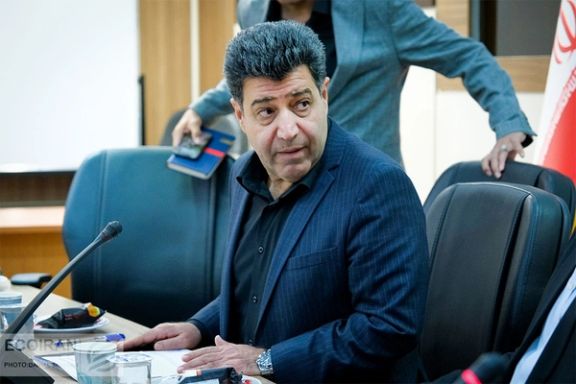Hossein Selahvarzi, in an interview with ILNA on Saturday, pointed out that “over the past two years, significant attention has been devoted to the notion of free trade with the Eurasian Union, which has frequently been used for political and promotional purposes. This has gone hand-in-hand with efforts to advocate for Iran’s membership in other international groups like BRICS and the Shanghai Cooperation Organization”.
He emphasized that “none of these efforts have translated into concrete economic gains for Iran.” He attributed this lack of progress to the continuation of international sanctions and Iran’s failure to comply with the Financial Action Task Force (FATF) requirements, which has kept the country on its blacklist.
As a result, Selahvarzi argued that agreements made with other nations are, in practice, unrealizable.
On Friday, Mohammad Ali Dehghan Dehnavi, Deputy Minister of Industry, Mines, and Trade, announced that Iran and the Eurasian Economic Union (EAEU) are in the final stages of negotiating a free trade agreement. He expressed optimism that the agreement will “facilitate and increase the volume of trade exchanges,” potentially giving Iran a much-needed economic momentum.
Selahvarzi remains skeptical, noting that the current administration rose to power on a platform of slogans, including promises to lift sanctions and remove Iran from the FATF blacklist. Despite the government’s promotion of bilateral and multilateral agreements, Selahvarzi argues that as long as sanctions persist and Iran remains non-compliant with international financial regulations, these agreements will be largely ineffective.
The FATF, an international financial watchdog, has long pressed Iran to meet global standards for combating money laundering and terrorism financing. However, Iran's refusal to comply has kept it isolated from the global financial system. Hardline factions within Iran's power structure see FATF compliance as a threat, fearing it would hinder their ability to finance proxy groups like Hezbollah and Hamas, both central to Iran’s regional strategy.
Meanwhile, the chances of lifting sanctions through negotiations with the West seem increasingly unlikely, especially as regional tensions rise. Hardliners in the government continue to advocate for a more aggressive approach, particularly regarding Iran’s nuclear program—a key factor behind the sanctions. On Saturday, MP Mohammad Manan Raeisi claimed Iran could develop nuclear weapons within six months, heightening tensions further. Just days earlier, 39 Iranian lawmakers called on the Supreme National Security Council to reassess the country’s defense doctrine, including the potential pursuit of nuclear weapons, as hostilities with Israel intensify.
Selahvarzi's longstanding criticism of the government's economic policies has consistently placed him at odds with the political establishment. His election as president of Iran's Chamber of Commerce in June last year was immediately met with pushback by hardliners and state media. Selahvarzi, known for his outspoken presence on social media, has often criticized government officials and their policies. The recent verdict against him appears to be largely based on his tweets, especially those supporting protesters and condemning authorities during the 2022 demonstrations.
One of his notable tweets reads, "Sometimes, the pain is so overwhelming that your entire being cries, except for your eyes," accompanied by hashtags referencing the teenage girls killed during the protests.
In 2022, EcoIran reported that the Tehran deputy prosecutor general issued an indictment against Selahvarzi, accusing him of insulting the founder of the Islamic Republic, Ruhollah Khomeini, and Supreme Leader Ali Khamenei. After nearly a year of conflict following his election, Selahvarzi was ultimately dismissed from his position as head of the Chamber of Commerce. In September 2023, Mizan News Agency, affiliated with Iran's judiciary, reported that the Tehran Court of Appeals sentenced him to six months in prison and imposed a fine for “spreading lies.”








